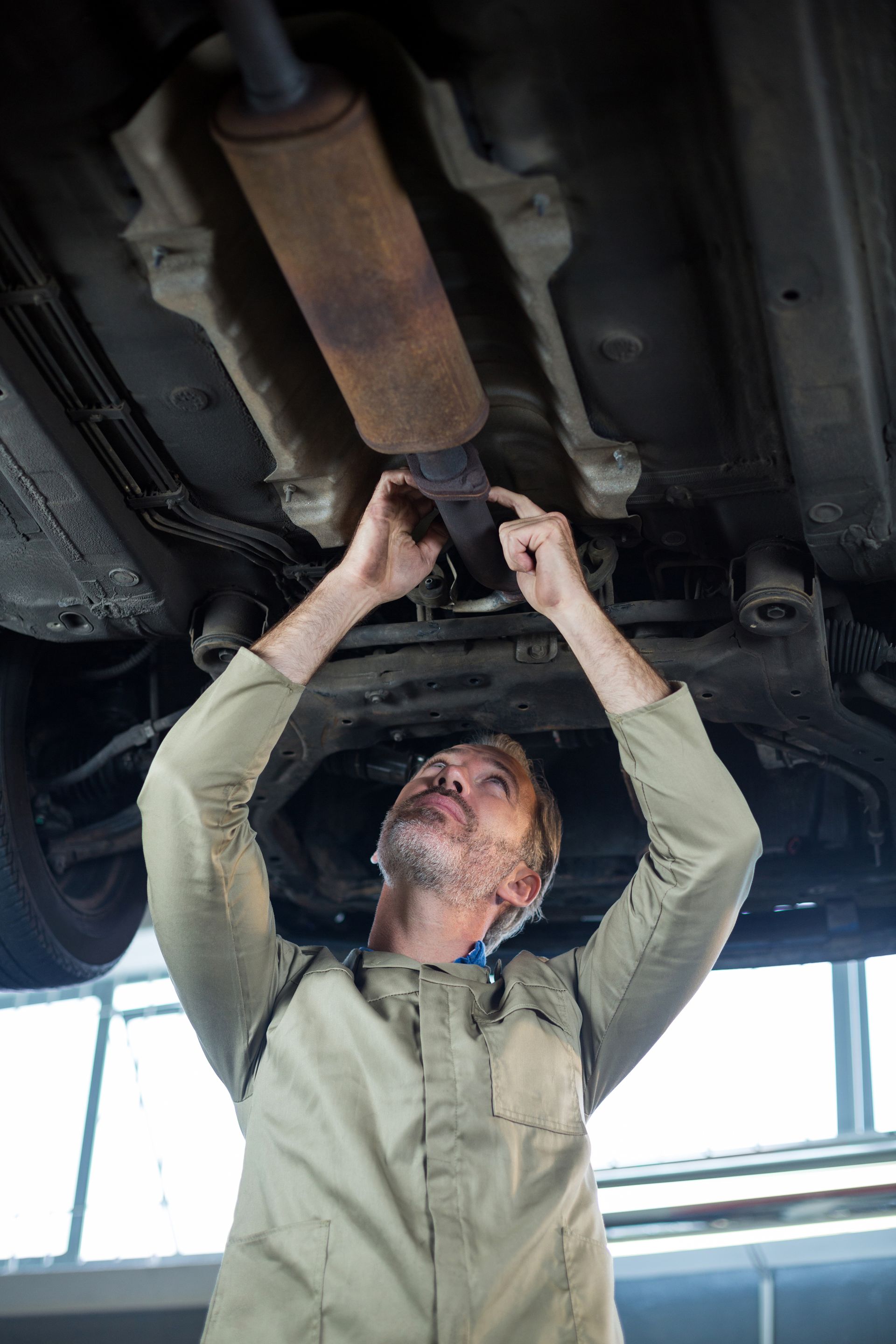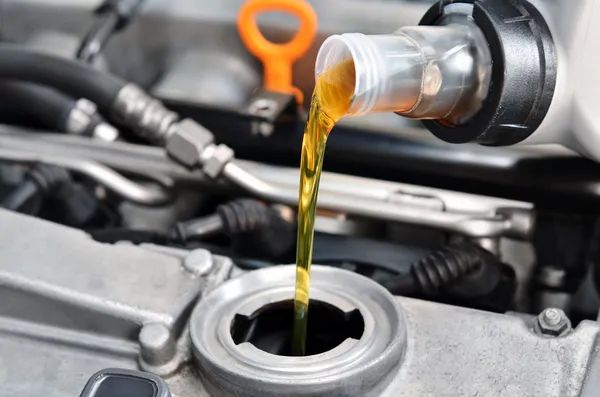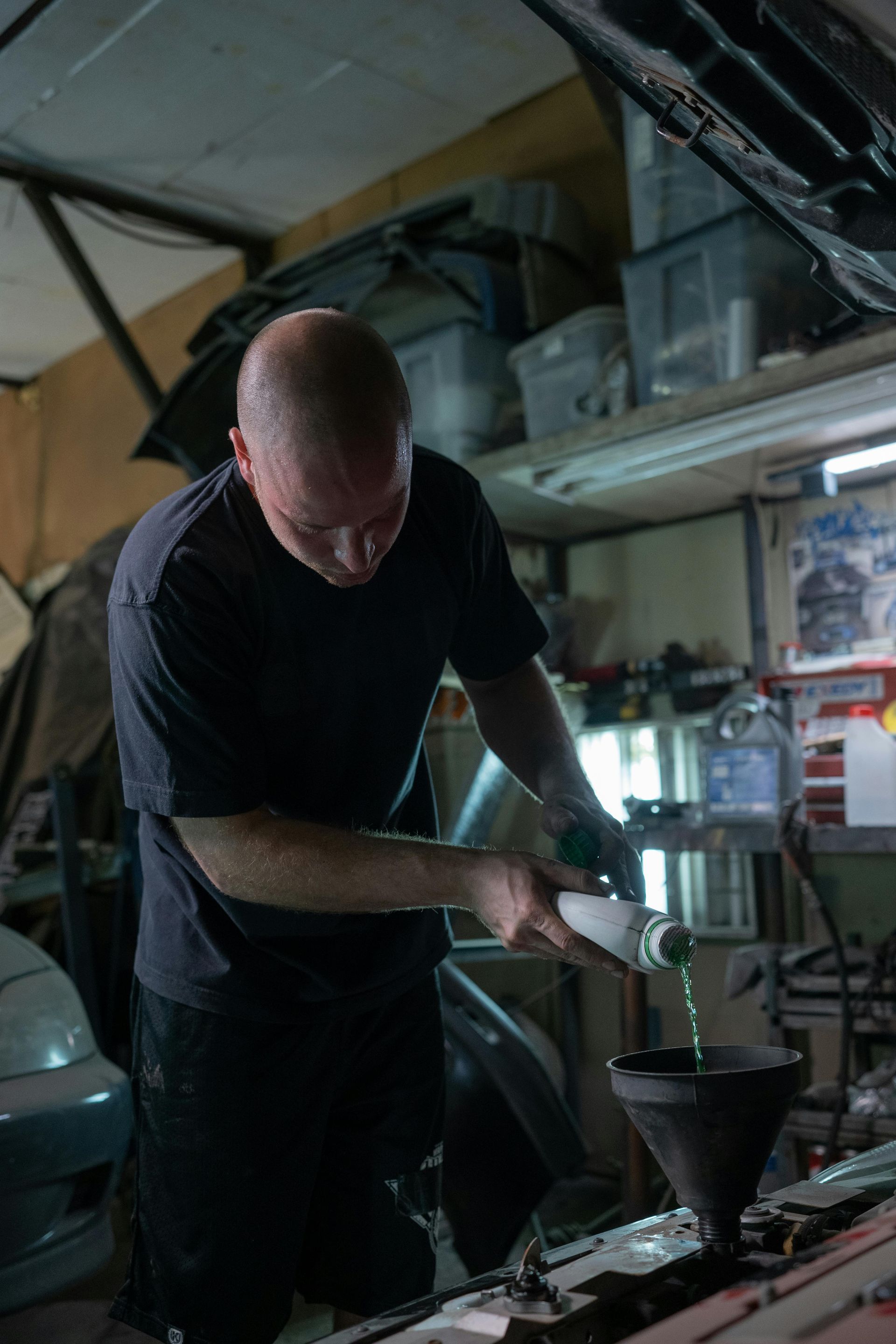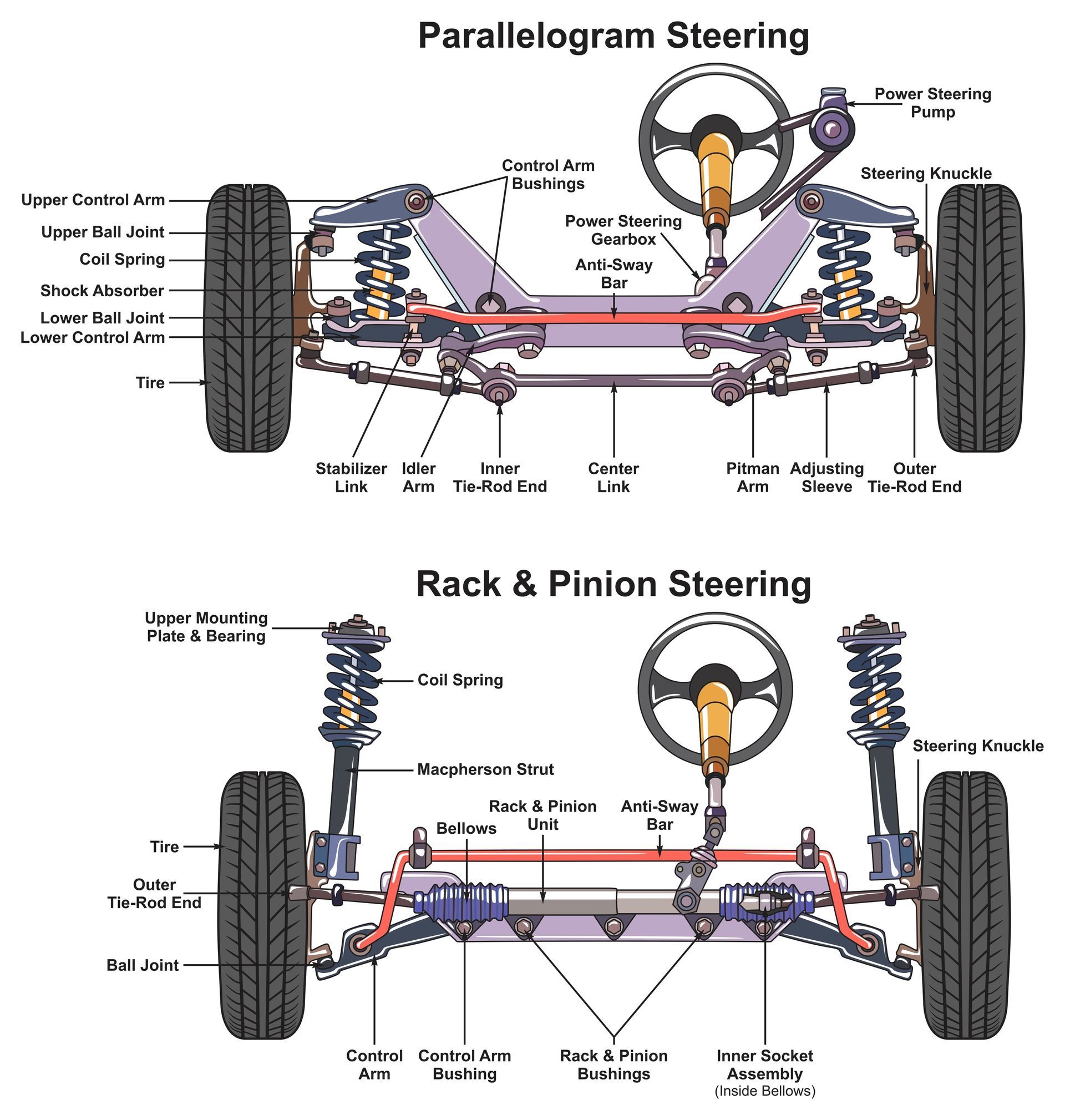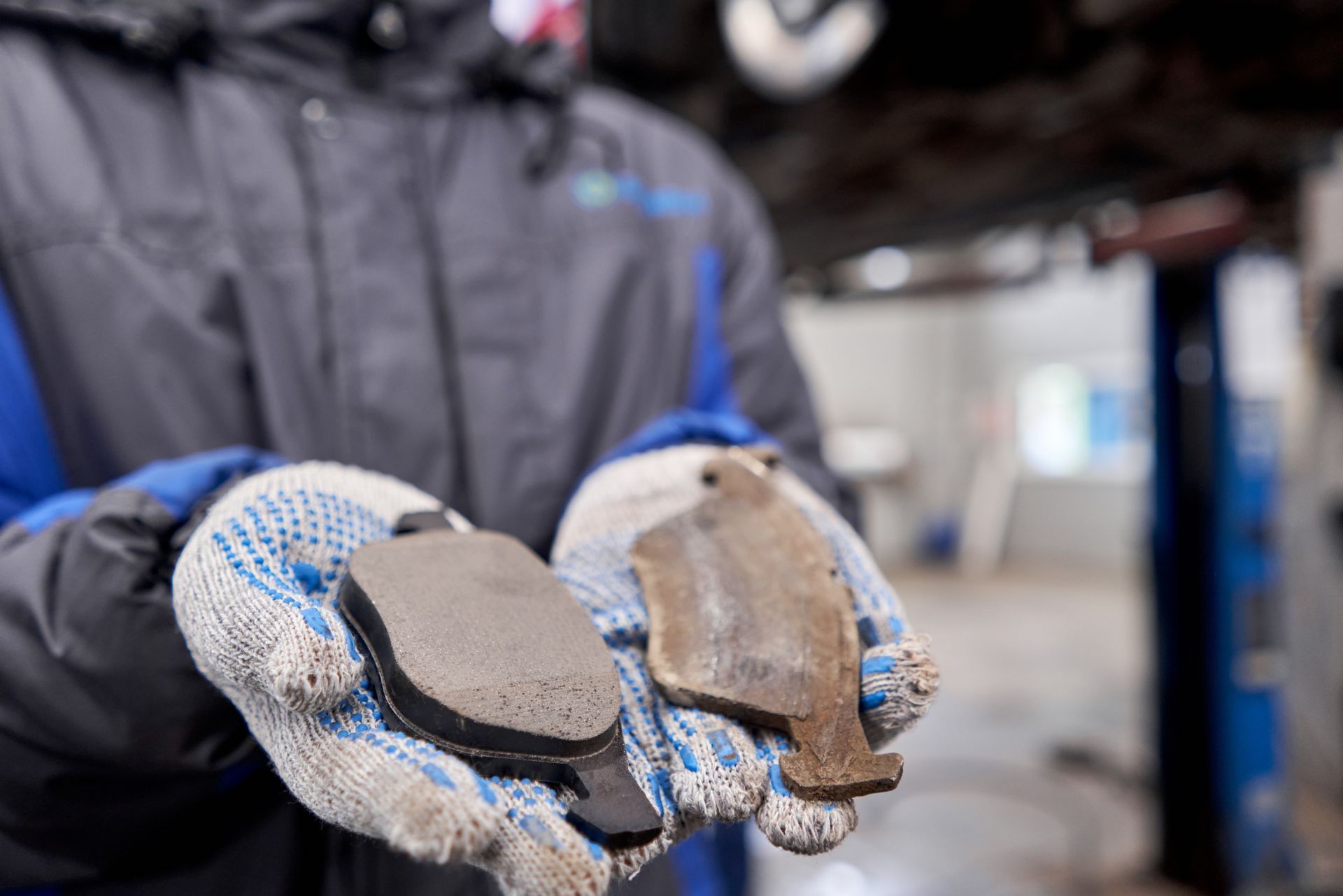Diesel vs. Gasoline: The Pros and Cons
Diesel vs. Gasoline: The Pros and Cons
When it comes to choosing between a diesel and a gasoline engine for your vehicle, the decision isn't always straightforward. Both types of engines have their own set of advantages and disadvantages, and understanding these can help you make an informed choice based on your driving needs and priorities. In this blog post, we'll dive into the pros and cons of diesel and gasoline engines to help you understand which might be the better option for you.
Efficiency and Fuel Economy
Diesel Engines: One of the primary advantages of diesel engines is their fuel efficiency. Diesel fuel contains more energy per gallon than gasoline, which generally translates to better mileage. Diesel engines are also more efficient in converting this fuel into usable energy, which means they can travel farther on the same amount of fuel compared to gasoline engines. This efficiency makes diesel engines particularly appealing for long-distance driving and for vehicles that carry heavy loads, such as trucks and buses.
Gasoline Engines: Gasoline engines have made significant strides in fuel efficiency, thanks to advancements in technology such as turbocharging and direct fuel injection. While they may not match diesel engines in raw efficiency, gasoline engines often offer a better balance of fuel economy and performance, especially in smaller, lighter vehicles. Additionally, gasoline is generally cheaper than diesel, which can offset some of the fuel economy benefits of diesel engines.
Performance
Diesel Engines: Diesel engines are known for their torque. Torque is the force that causes an object to rotate, and it's crucial for tasks that require a lot of pulling power, such as towing and hauling. Diesel engines produce more torque at lower RPMs compared to gasoline engines, making them ideal for heavy-duty applications. However, diesel engines tend to have lower horsepower, which can affect acceleration and top speed.
Gasoline Engines: Gasoline engines typically offer higher horsepower than diesel engines. This translates to better acceleration and higher top speeds, which can be important for performance-oriented drivers. Gasoline engines are also generally quieter and smoother than diesel engines, which can enhance the overall driving experience, especially in passenger cars.
Maintenance and Longevity
Diesel Engines: Diesel engines are built to withstand higher compression ratios and the stresses associated with producing more torque. As a result, they tend to be more durable and can have a longer lifespan compared to gasoline engines. However, diesel engines can be more expensive to maintain and repair. They require specific maintenance practices, such as regular fuel filter changes and keeping an eye on the turbocharger, if equipped.
Gasoline Engines: Gasoline engines are typically cheaper to maintain and repair. Parts are more readily available and less expensive, and the maintenance procedures are generally simpler. However, gasoline engines may not last as long as diesel engines, especially if they are pushed hard regularly.
Environmental Impact
Diesel Engines: Diesel engines have historically been criticized for their environmental impact. They produce higher levels of nitrogen oxides (NOx) and particulate matter, which contribute to air pollution and health issues. However, modern diesel engines have become much cleaner thanks to advancements in emission control technologies such as diesel particulate filters (DPFs) and selective catalytic reduction (SCR) systems. Despite these improvements, diesel engines still generally produce more pollutants than gasoline engines.
Gasoline Engines: Gasoline engines produce lower levels of NOx and particulates compared to diesel engines, but they emit more carbon dioxide (CO2) per gallon of fuel burned. CO2 is a greenhouse gas that contributes to global warming, so while gasoline engines might be better for local air quality, they have a different kind of environmental impact.
Cost
Diesel Engines: Diesel vehicles tend to be more expensive to purchase than their gasoline counterparts. The higher initial cost is due to the more robust construction of diesel engines and the additional technology required to meet emission standards. However, the increased fuel efficiency can offset the higher purchase price over time, particularly for drivers who cover a lot of miles.
Gasoline Engines: Gasoline vehicles generally have a lower initial purchase price and are more widely available. The cost of ownership can be lower due to cheaper maintenance and repair costs. However, if you drive a lot, the lower fuel economy compared to diesel vehicles might increase your total cost of ownership.
Choosing between a diesel and a gasoline engine depends on various factors, including your driving habits, budget, and environmental concerns. Diesel engines offer superior fuel efficiency, torque, and longevity, making them ideal for long-distance driving and heavy-duty use. Gasoline engines, on the other hand, provide better acceleration, lower initial costs, and simpler maintenance, which might be more suitable for everyday driving and performance-oriented vehicles. By weighing these pros and cons, you can make an informed decision that best suits your needs.
Visit Elite Auto Experts for Expert Advice and Service
Still unsure which engine type is best for you? At Elite Auto Experts, our knowledgeable and friendly team is here to help you make the right choice. Whether you're considering a diesel or gasoline vehicle, we can provide expert advice, maintenance, and repair services to keep your car running smoothly. With our commitment to quality and customer satisfaction, you'll feel like part of the family every time you visit.
Drop by our shop or give us a call to schedule an appointment. Let Elite Auto Experts be your trusted partner in all your automotive needs. We look forward to serving you!
